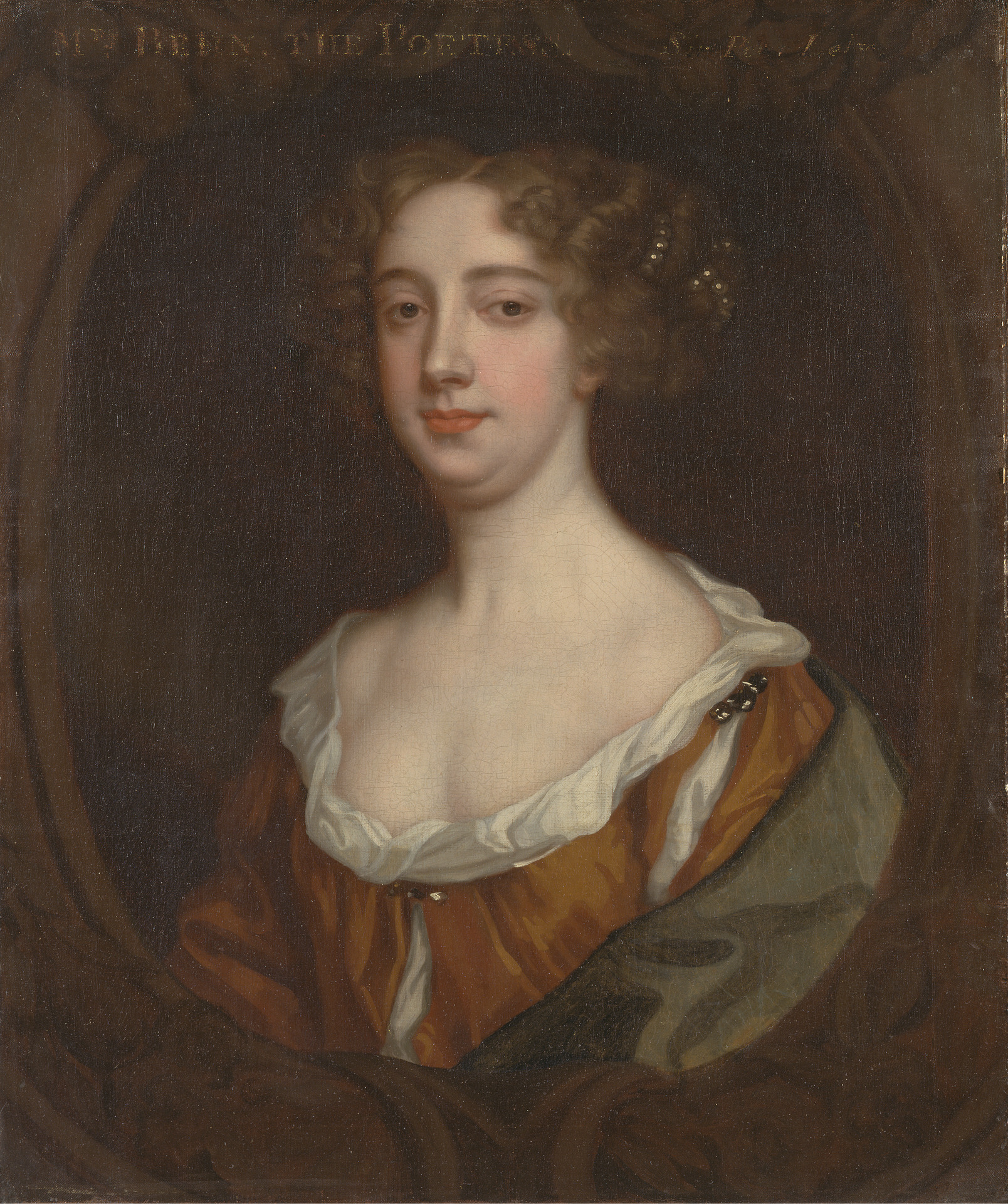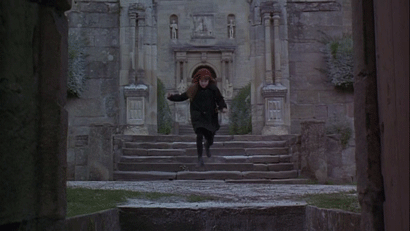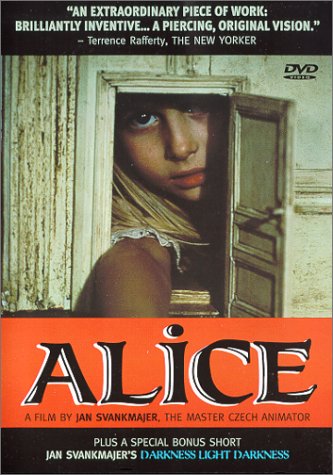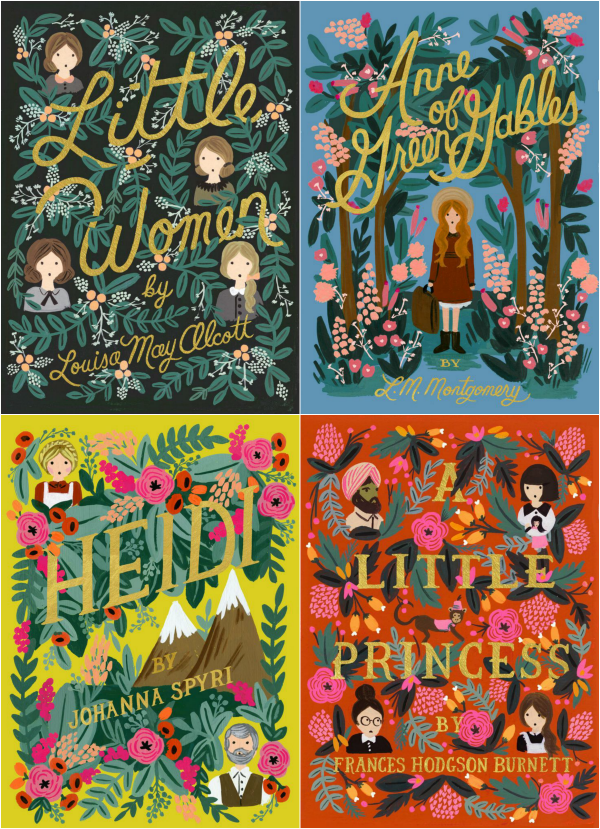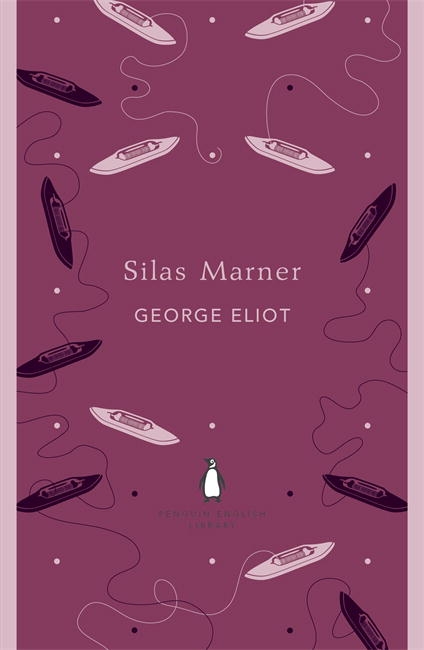by Elizabeth Gaskell
My Rating:
A departure from the stories Elizabeth Gaskell wrote for Charles Dickens’s Household Words magazine, The Poor Clare is a dark, gothic novella of thwarted love and a family curse that vividly illustrates the social tensions of Victorian England.
The purposeful slaying of lonely Bridget’s beloved dog unleashes a torrent of rage that surges down through the generations. In her desire for revenge, Bridget utters a fearsome curse upon the dog’s killer: All that the murderer loves most, he will lose.
This haunting story of “the sins of the father being visited upon the children” brilliantly shows off Gaskell’s pioneering understanding of the tensions between Catholics and Protestants, and the harsh realities of class society. The Poor Clare stands as an innovative and exciting gem in Elizabeth Gaskell’s oeuvre.
I'm dedicating my October to spooky reads, and my first read of the month was this novella - one of many classic novellas published by Melville House - which returned me to my literary love: Victorian Gothic.
When it comes to the classics, Victorian Literature is where my heart lies; I took modules in Victorian Gothic and Victorian Popular Fiction at university and loved them both, so I've come across Elizabeth Gaskell before. She's probably most famous for North and South, and for being a life-long friend of the Brontës, but she also wrote quite a few spooky tales, too. I read her short story 'The Old Nurse's Story' while studying ghosts for my Victorian Gothic module, and if you've yet to read anything by Gaskell, or you're a little intimidated by 19th century literature, I recommend starting with a story like that one!
The Poor Clare is a little story of religion, violence, witchcraft and a family curse. Basically, it's no less than what you'd expect from Victorian Gothic! Our narrator falls in love with a young woman named Lucy, who, naturally, is beautiful and pure, but is also plagued by something her only companion, Mrs. Clarke, daren't speak of. Determined to marry her, he sets out to free her from whatever it is that has befallen her.
It's a fun novella, and very easy to read, and though I guessed a lot of the connections that cropped up between the various characters I was still impressed with the way Gaskell weaved her characters' stories together into one overarching plot. There were even some sections that gave me the heebie jeebies; little sentences that alluded to Gaskell's potential as a Gothic writer. The main problem I had with it was that I felt as though it could have been longer. The Poor Clare is very much a 'tell, don't show' kind of story, which isn't uncommon in Victorian Literature, but there were some sections of the plot that were breezed over in such a hurry it surprised me, and I thought there was room there for Gaskell to expand and write a fully-fledged Gothic novel, rather than a novella.
I didn't dislike it, though, and I'd say this is another great starting point for anyone dipping their toes into Victorian Gothic fiction. I look forward to reading more spooky stories throughout the month!







